Letting Kids Be Kids Again
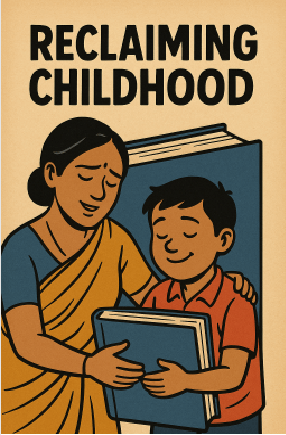
When children feel safe, learning stops being a burden and becomes a joy.

When children feel safe, learning stops being a burden and becomes a joy.

Big schools aren’t the problem. Small, thoughtful learning spaces might just be the solution.
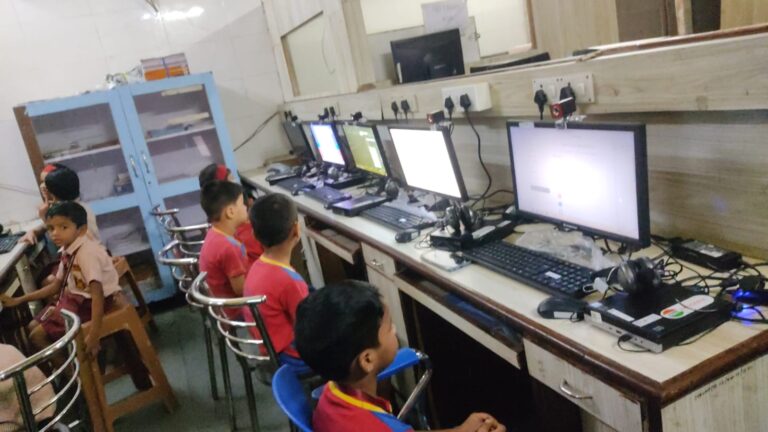
Every parent has seen it—the slow walk to the school bus, the forced smile, the sudden complaints of “not feeling well” on weekday mornings. Somewhere between curiosity and classrooms, something has gone wrong. Children who once loved asking questions now…

Cyber safety isn’t about fear or control—it’s about giving children the confidence to navigate the digital world wisely.

A heartwarming story of a homemaker who rediscovers her identity by starting a digital learning centre from home. With one computer and a renewed sense of purpose, she transforms her community — and her own life.

Technology is transforming how children learn — but only when they learn to use it responsibly. The comic “PC Care” explores this important lesson through a simple, relatable story that every parent and educator will appreciate. The story begins with…

This touching comic follows a father who wants to support his son but doesn’t know how. Instead of pushing him academically, he tries something different — he listens. The child reveals his dreams, fears, and interests. The father realises growth…
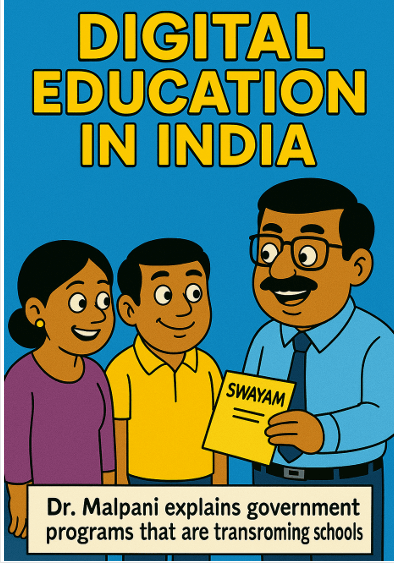
A powerful look at how India’s digital learning transformation starts with parents and basic digital access.
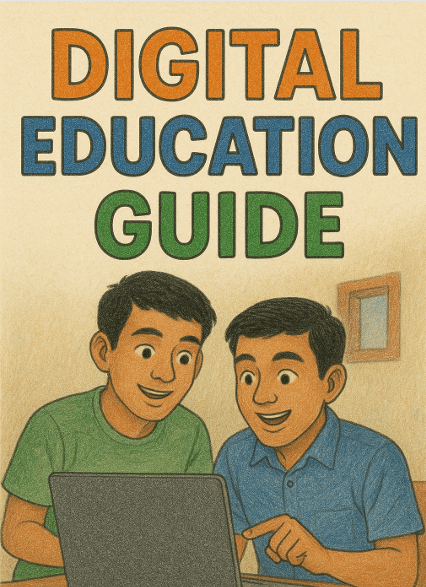
A simple, practical guide for parents who want safe, structured digital learning for their kids.
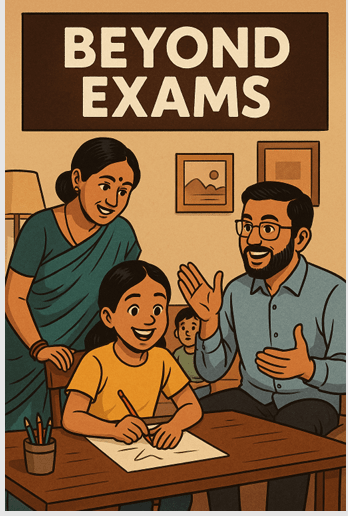
A heartwarming reminder that marks don’t define children — their curiosity does.